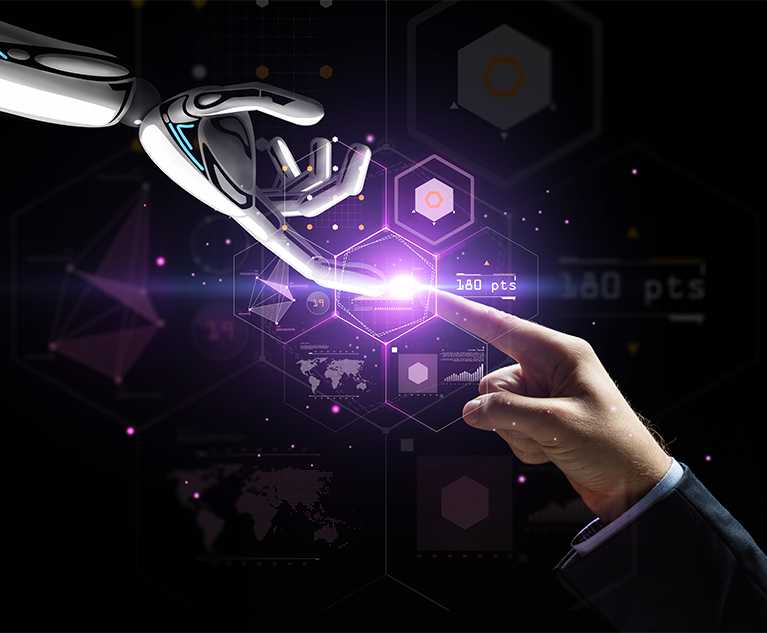Trust, Transformation, and the Human Layer of AI: Illinois Court Ruling Raises Questions
A recent Illinois appellate court decision has sparked a nationwide conversation about trust in labor arbitration, the transformation of workplace rights post-COVID, and the critical human element in interpreting agreements in an AI-driven world. The ruling, which overturned an arbitrator’s award of premium pay to union workers for COVID-19 risks, highlights deeper implications for how we balance human judgment with evolving systems.
The Illinois Ruling: A Trust Issue
In a surprising turn, the Illinois Appellate Court, First Judicial District, vacated an arbitrator’s decision to grant “premium pay” to the Brotherhood of Electrical Workers at the Metropolitan Water Reclamation District (MWRD). The court found the arbitrator overstepped by misinterpreting the collective bargaining agreement (CBA), ignoring key terms like “paid time off.”
This ruling shakes confidence in arbitration, a process designed to be a trusted alternative to costly litigation. When arbitrators are seen as overreaching, it erodes faith in fair resolutions, especially for essential workers who faced unprecedented risks during the pandemic.
Transformation in the Workplace
The decision marks a transformation in how labor disputes are navigated post-COVID. The pandemic forced employers and unions to adapt quickly, but vague contract language left room for disputes like this one. The court’s emphasis on strict adherence to CBAs signals a shift toward more rigid interpretations, potentially limiting flexibility for workers seeking compensation for unforeseen crises.
For U.S. workers, this could mean tighter negotiations in future contracts. Employers may push for explicit clauses excluding pandemic-related claims, while unions may demand clearer protections. This transformation affects industries beyond utilities, from healthcare to transportation, where essential workers remain vulnerable.
The Human Layer in an AI World
As artificial intelligence increasingly shapes workplaces—handling everything from scheduling to contract analysis—the human layer remains critical. The Illinois case underscores this. The arbitrator’s decision hinged on human judgment, interpreting ambiguous terms in a way the court later deemed excessive. Could AI have made a different call?
AI tools, like those used for legal analysis, excel at parsing contracts with precision, potentially avoiding the “gross error” cited by the court. Yet, they lack the human empathy needed to weigh the emotional and societal context of workers risking their lives during a global crisis. Public reactions on platforms like X show frustration, with users arguing that “essential workers deserve better than legal technicalities.”
Experts suggest a hybrid approach. “AI can flag inconsistencies in contracts, but humans must decide what’s fair,” says a labor law professor from Chicago. This balance is crucial as AI transforms industries, ensuring technology supports, not supplants, human values.
Impact on American Readers
This ruling hits home economically and socially. For workers, it could limit financial protections in future crises, impacting morale and economic stability. Politically, it fuels debates over labor rights in Democratic strongholds like Illinois, where unions hold sway. Lifestyle-wise, it reminds Americans of the lingering scars of COVID-19, from workplace safety to financial strain.
Technologically, it raises questions about AI’s role in labor disputes. As companies adopt AI for HR and legal tasks, this case highlights the need for human oversight to maintain trust and fairness.
Conclusion: A Call for Clarity and Balance
The Illinois court’s decision is a wake-up call. It challenges trust in arbitration, pushes for transformation in labor agreements, and underscores the irreplaceable human layer in decision-making. As AI reshapes workplaces, blending its precision with human empathy will be key to equitable outcomes.
Looking ahead, clearer contracts and a balanced approach to technology could prevent similar disputes, ensuring workers and employers navigate crises with trust intact.
